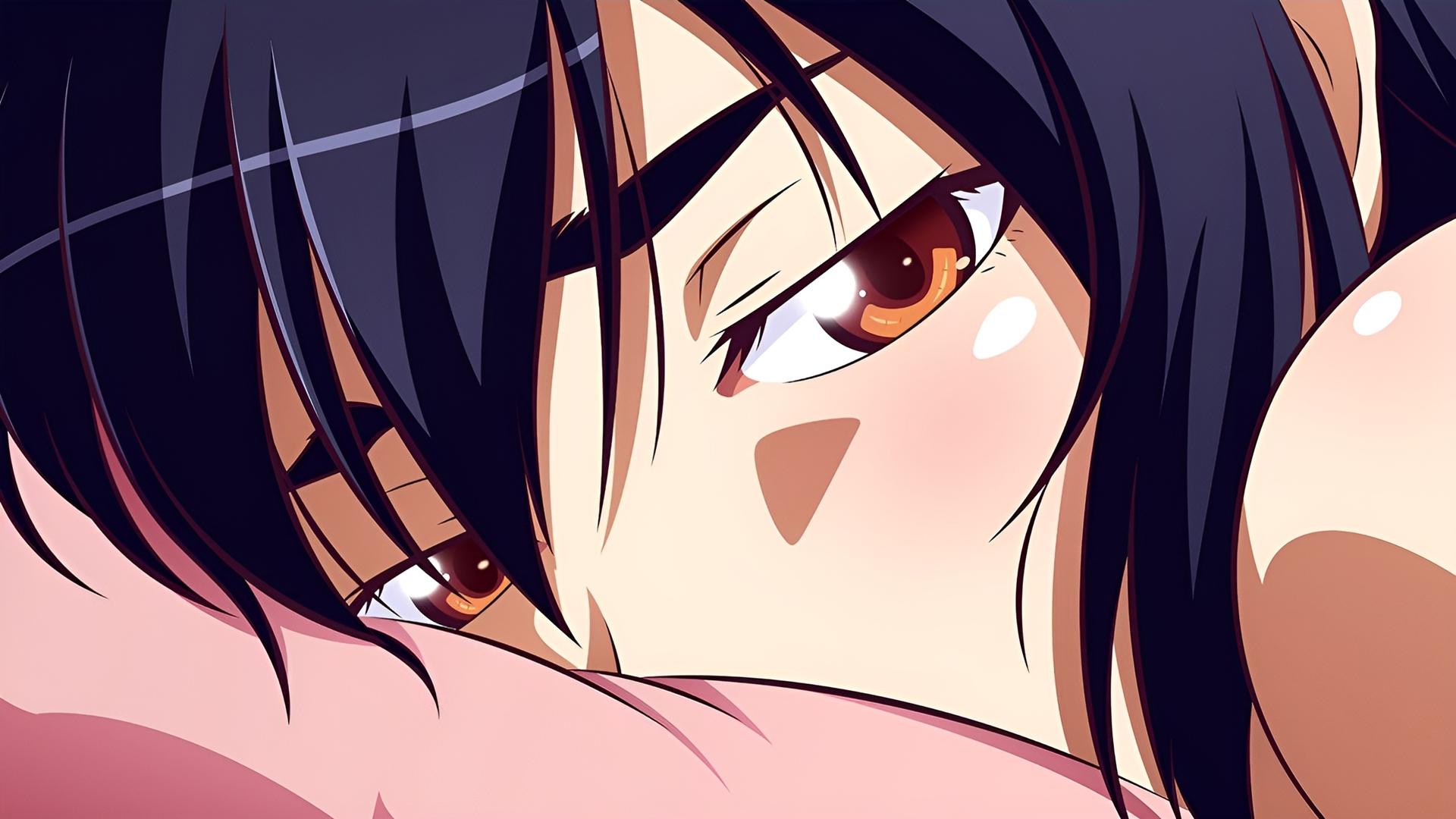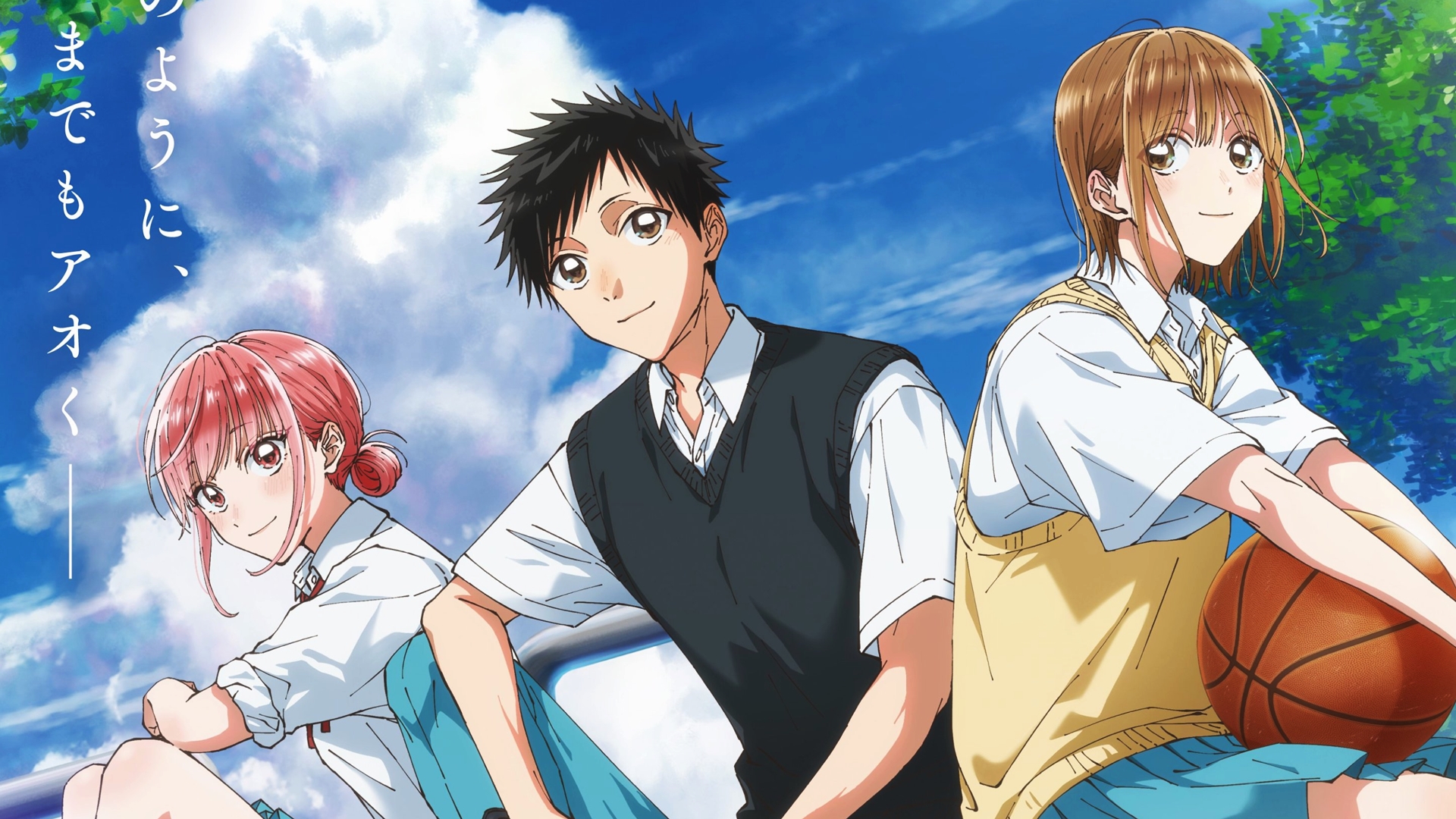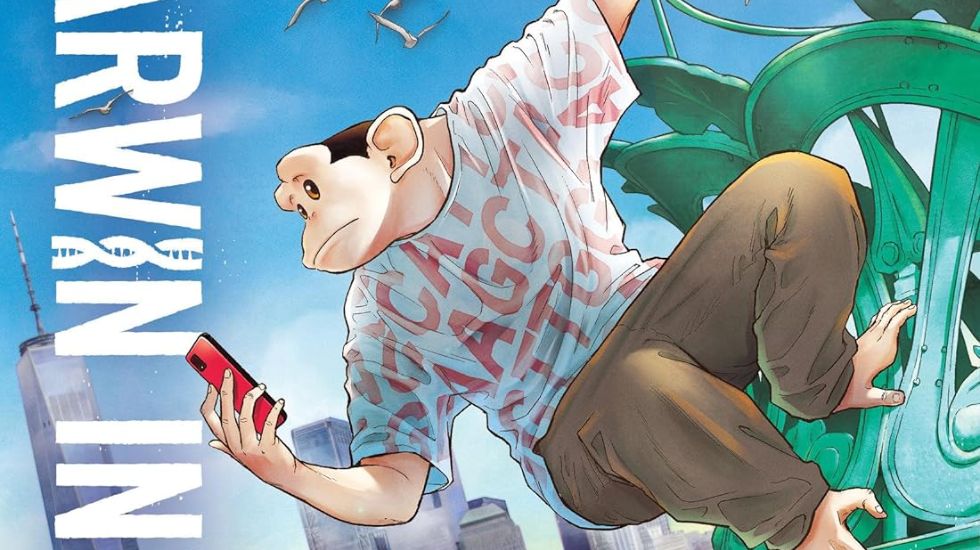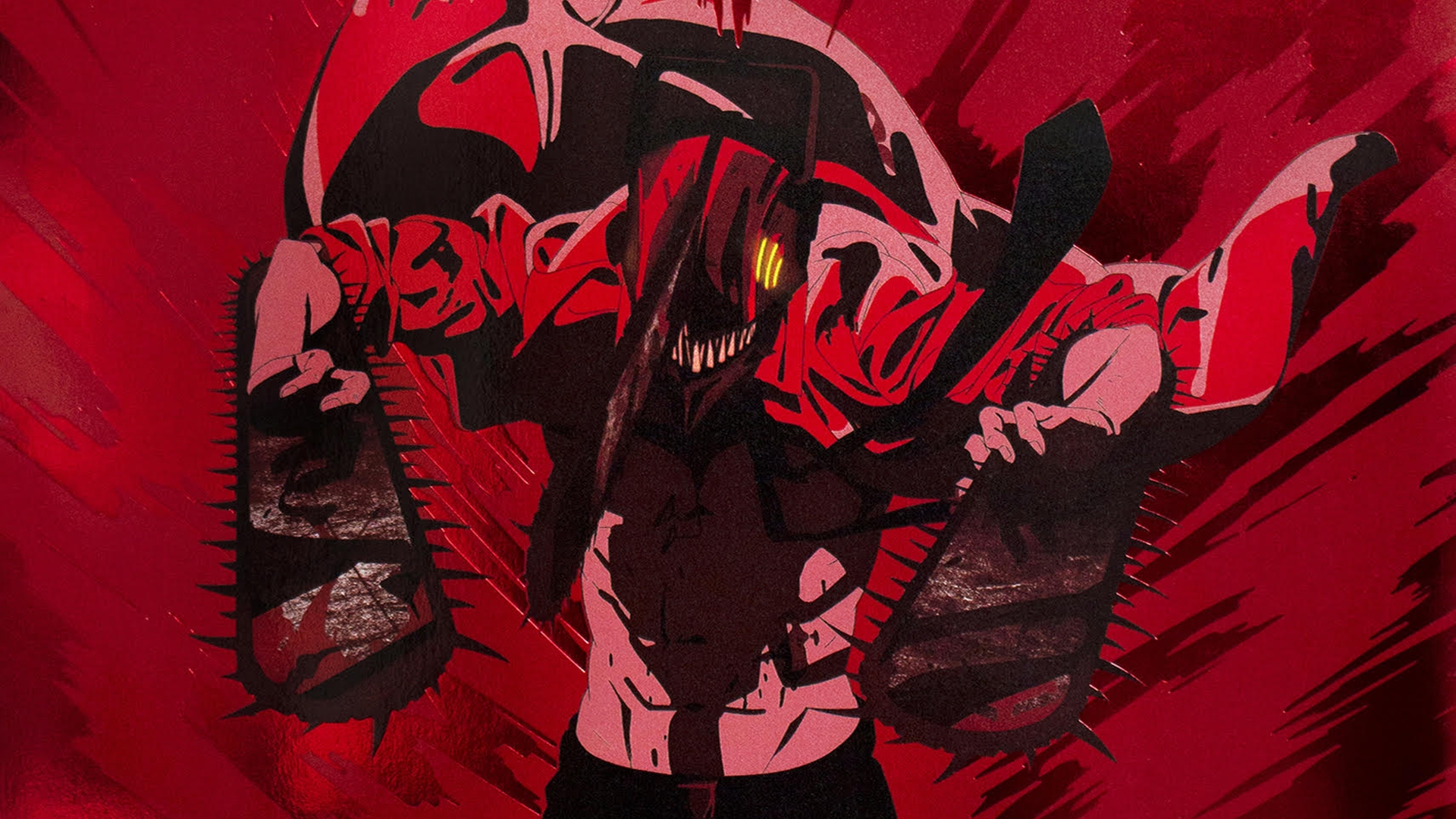Otaku Culture
Strong criticism emerges against the author of Naruto
Advertisement
During a recent visit to France to promote the physical publication of “Boruto: Two Blue Vortexes“, the sequence of“Boruto: Naruto Next Generations“, manga creator Masashi Kishimoto was caught in a media storm on social media. During a press conference attended by Kishimoto and Boruto artist Mikio Ikemoto A comment made by Kishimoto about Sarada Uchiha's character design has sparked a huge controversy online.
When asked which of Ikemoto's designs he liked the most, Kishimoto replied: “I would say Sarada in her adult version, because she is sexy. I could never have drawn her like that.». This statement, translated and shared by several fan accounts, led Kishimoto to be labeled a “ped*filo” by some social media userscausing a wave of criticism towards the veteran manga creator.

Fan accounts that shared the translation also faced criticism from certain sections of the online community, who accused them of spreading misinformation. The controversy intensified when the word “sexy” became the focus of the controversy. Many fans expressed outrage, accusing Kishimoto of inappropriately sexualizing a young character.
However, other users have suggested the possibility of a translation error, speculating that Kishimoto may have used the Japanese word "kakkoi" (cool) instead of "sexy" when describing Sarada's design. This theory gained traction when some Japanese-language fans and translators argued that "kakkoi" was likely what Kishimoto was trying to express, given the cultural differences involved. Naruto fans used this theory to defend their favorite author, which helped this version of events spread more widely.
The confusion resulted from the fact that the press conference was a highly controlled event, accessible only to a select group of journalists, cameramen and influencers, who were required to submit their questions in advance. As the debate raged on, conflicting narratives emerged, leaving many neutral fans confused about what to believe.
While some supported the idea of a translation error, others pointed to reports from event attendees that Kishimoto actually used the word “sexy.” One such participant, a popular influencer known as Lisez Boruto no X (formerly Twitter), addressed the controversy by explaining that Kishimoto's use of "sexy" was done in a humorous context. In his post, he criticized those who spread what he described as misinterpretations of Kishimoto's comment.
- «I'm tired of seeing people posting about Kishimoto's "revelations", twisting his answers in a way that people like, but it's far from the truth, it's modified, it's overinterpreted, it's a shame. I can't wait to post my video, I can't wait to share all this valuable information with you! I'm giving it my all for tomorrow or Wednesday night!».

Another report, which provided a full transcript of the interview, also confirmed that Kishimoto used the word “sexy” to describe Sarada. The controversy highlighted the complexities of linguistic and cultural differences. One Twitter user, Vortexoo, provided additional context, pointing out that in Japan, the word “sexy” (セクシー, sekushī) often has a broader meaning than its English equivalent. While in English, “sexy” typically implies physical attractiveness in a sexual way, in Japan it can be used to describe something that is elegant, cool, or visually appealing, without sexual connotations.
- «In English, “sexy” usually implies physical attractiveness in a sexual sense. But in Japan, the word “sexy” (セクシー, sekushi) has a broader meaning. It’s often used to describe something stylish, cool, or generally attractive, not necessarily sexual. For example, in Japan, you might hear a car, an outfit, or even a character design described as “sexy.” It’s a way of praising something that stands out or has a strong visual impact, without any inappropriate connotations.».

Additionally, the Japanese translator whose post was used by fans to claim that Kishimoto actually meant “cool” offered additional clarification. According to him, although Kishimoto's words literally translate as "sexy," he did not mean it in that sense, similar to what other participants in the press conference mentioned. They also highlighted how literal translations sometimes fail to capture the author's true intent, emphasizing the importance of accurately reflecting what the author actually means in translations.
This incident highlights the volatile nature of online fandoms, where misinterpretations or mistranslations can quickly turn into a wave of outrage.
Source: AnimeHunch
You may also like

Gear 5 Luffy takes on Kaido in an extraordinary collectible figure
The popular anime adaptation of the One Piece manga finally animated and expected Luffy's Gear 5, and the reaction of fans around the world was such that
Keep Reading



